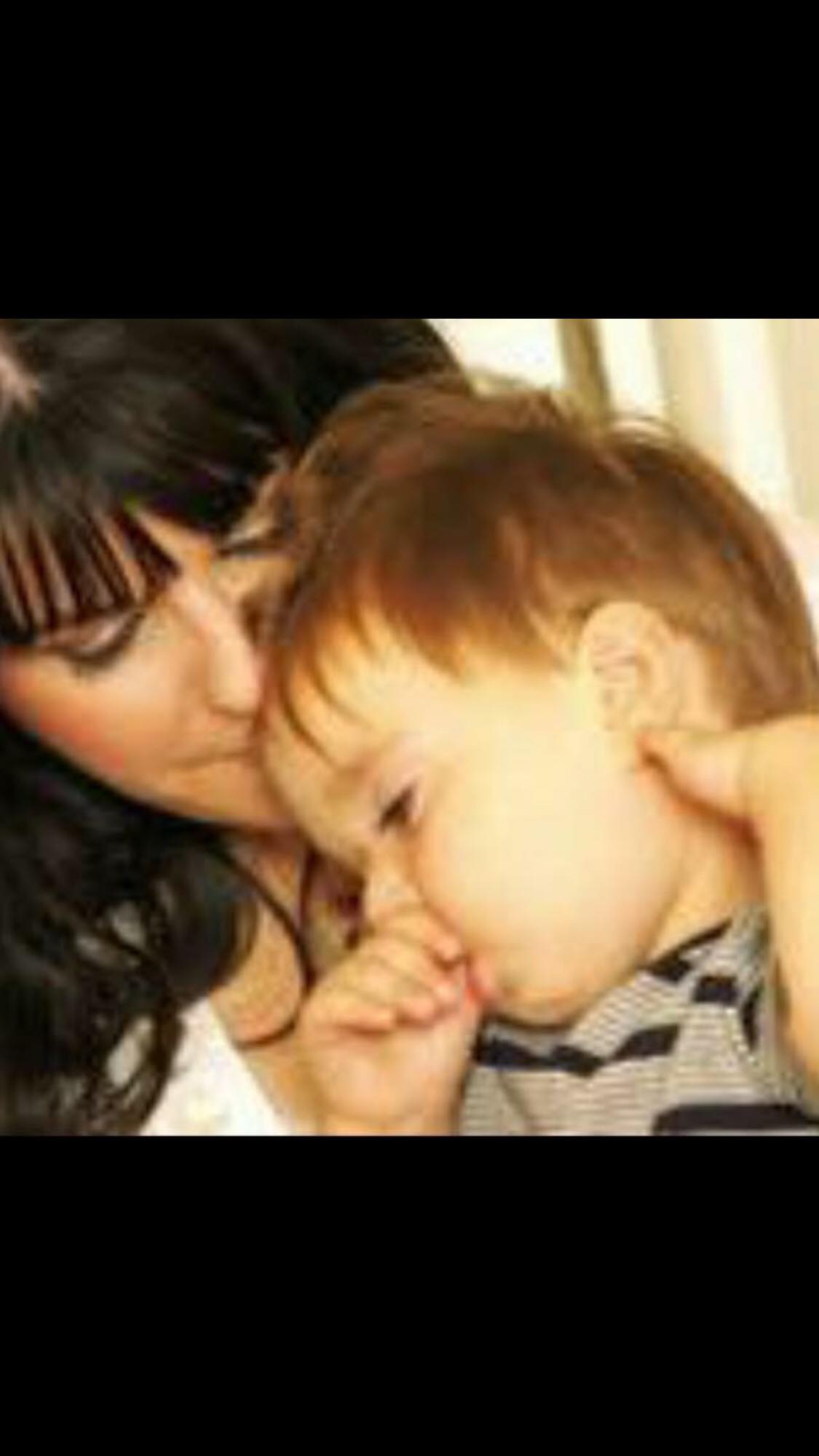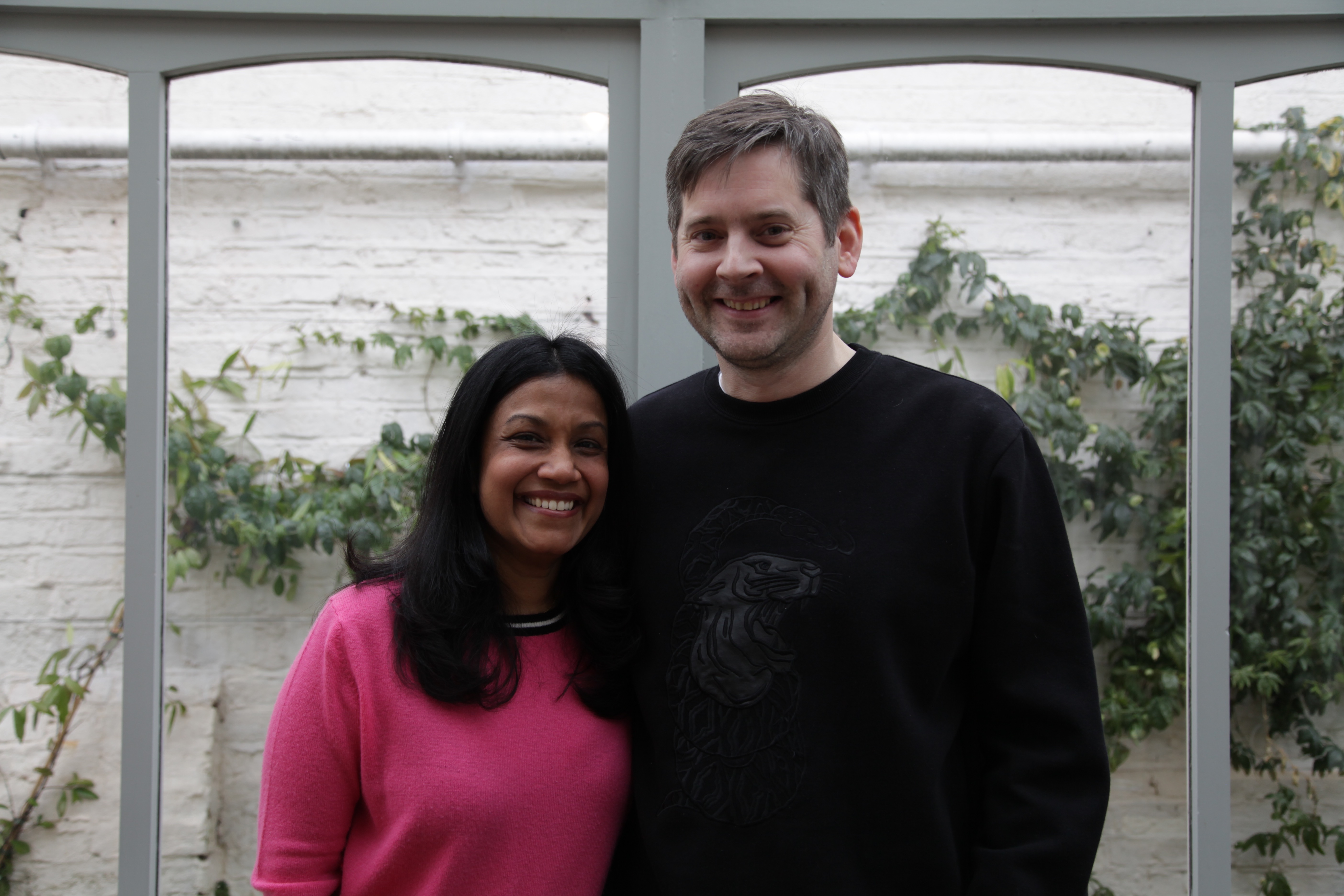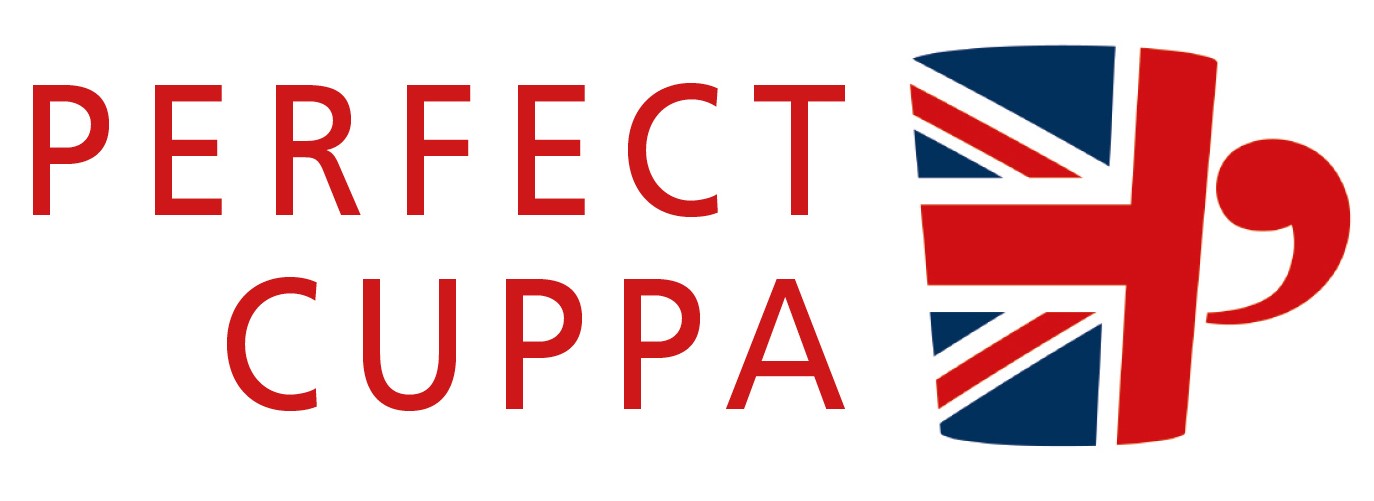Childhood Vaccines as advised by the NHS, UK
Vaccines given to children from birth to 18 according to the NHS guidelines
This is the vaccination schedule as per the NHS guidelines. A link is attached below for further information. The arguments for and against vaccinations have not abated. Whether you decide to vaccinate your child is ofourse a choice that only you as a parent can make but if you do, the guidelines below should help you with the schedule. Remember that all vaccinations available on the NHS are free of charge. If you choose not to vaccinate your child, please make sure that you are fully aware of the all the possible risks to your child’s health before you make the decision. There are many papers published by the World Health Organisation on this, one of which is attached here. http://www.euro.who.int/__data/assets/pdf_file/0004/160753/If-You-Choose-Not-to-Vaccinate.pdf
We hope the schedule below helps new mums out there.
ROUTINE
| Age(s) given
|
Vaccine
|
Description |
|
2 months, 3 months and 4 months
|
5-in-1 vaccine | Protects against: diphtheria, tetanus, whooping cough, polio and Hib (Haemophilus influenzae type b) |
| 2 months, 4 months and 12-13 months | Pneumococcol vaccine or pneumo jab (PCV) | Protects against: some types of pneumococcal infection |
| 2 months and 3 months | Rotavirus vaccine |
Protects against: rotavirus infection, a common cause of childhood diarrhoea and sickness |
| 2 months, 4 months and 12 months | Men B vaccine | Protects against: meningitis (caused by meningococcal type B bacteria) |
| 3 months | Men C vaccine | Protects against: meningitis (caused by meningococcal type C bacteria) |
| 12 – 13 months | Hib/Men C vaccine (booster) | Protects against: Haemophilus influenzae type b (Hib) and meningitis caused by meningococcal group C bacteria |
| 12- 13 months, 3 years and 4 months or some time thereafter | MMR Vaccine |
Protects against: measles, mumps and rubella
|
| 3 years and 4 months or some time thereafter | 4-in-1 pre-school booster | Protects against: diphtheria, tetanus, whooping cough and polio |
| 12 – 13 years as two injections at least 6 months apart but no more than 24 months apart | HPV Vaccine (girls only) | Protects against: cervical cancer |
| 13 – 18 years | 3-in-1 Vaccine | Protects against: tetanus, diphtheria and polio |
| 13 – 18 years and new university students aged 19 – 25 years | Men ACWY Vaccine | Protects against: meningitis (caused by meningococcal types A, C, W and Y bacteria) |
OPTIONAL
| Age(s) given | Vaccine | Description |
| 1 dose for children from 1 year to 12 years, two doses for children over 13 four to eight weeks apart | Chicken Pox Vaccine (Varicella) | Protects against: chickenpox and is given to siblings of children who have suppressed immune systems and are susceptible to chickenpox, for example because they’re having cancer treatment or have had an organ transplant. |
| Birth to 16 years | BCG Vaccine | Protects against: tuberculosis (TB) and is given to babies and children who have a high chance of coming into contact with tuberculosis. |
| At any age – 4 doses given over 12 months.
A baby born to a mother infected with hepatitis B will be offered a dose at birth, one month of age, two months of age and one year of age |
Hepatitis B Vaccine | Protects against: hepatitis B and is given to children at high risk of exposure to hepatitis B, and babies born to infected mothers. |
| 6 months – 2 years as a single jab. From 2 years – 17 years as a nasal spray.
All vaccines are administered between September and November every year. |
Flu Vaccine | Protects against: flu and is given to children with certain medical conditions or a weakened immune system, which may put them at risk of complications from flu. |
For more information please see this link http://www.nhs.uk/conditions/vaccinations/pages/childhood-vaccination-schedule.aspx


























